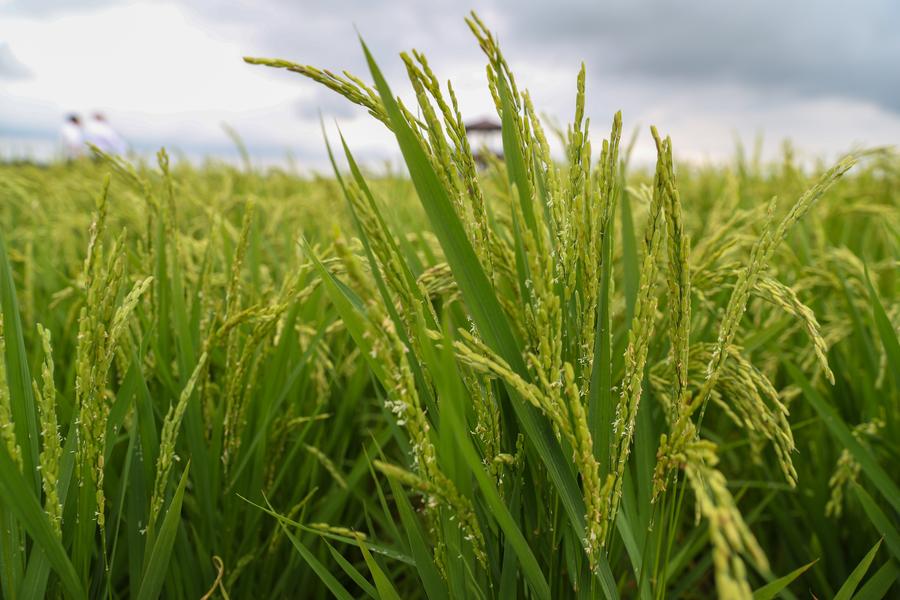Daffodil University students produce Rice Seedlings for flood-affected people

Severe floods have devastated 339,382 hectares of cropland in 16 districts in southeastern Bangladesh, including Feni, Noakhali, and Cumilla, destroying recently planted Aman paddy. This has left farmers destitute, threatening their livelihoods and national food security. In response, Daffodil International University students are producing rice seedlings, aiming to distribute 30 lakh seedlings to affected farmers, supporting recovery efforts.
Recent severe floods have completely destroyed 339,382 hectares of cropland of 16 districts in country’s South-Eastern parts including Feni, Noakhali and Cumilla, with recently planted Aman paddy which is an important staple crop for farmers in the region.
As a result, the farmers have become destitute and helpless. Destruction of this vital crop will not only threaten the livelihood of countless farmers but also pose a grave risk to national food security. Without immediate and effective intervention, farmers will face severe food shortages, potentially turning into a widespread crisis affecting the entire nation. To protect the post-flood food crisis, the students of Agricultural Science Department of Daffodil International University, in coordination with their teachers, have initially started the work of producing seedlings of Bina Dhan-17 and Bina Dhan-20 from 1.2 metric ton paddy in order to distribute at free of cost among the farmers in the flood-affected areas after the flood water dries up.
DIU Students are hopeful that they will be able to successfully produce 30 lakh paddy seedlings which will be distributed later on.
Prof. Dr. M A Rahim, Head of the Department of Agricultural Science of Daffodil International University, informed that in response to this emergency, it is imperative that they took significant steps to support farmers, protect agricultural sector and safeguard the well-being of the country.
To meet the immediate need, they have committed to distribute four million rice seedlings to the flood-affected areas, covering about 100 acres of land. Their focus is on providing Bina 17 and Bina 20 rice seedlings, known for their durability and suitability to local conditions. Apart from rice seedlings, they are providing winter vegetable seedlings to promote cropdiversification and provide additional sources of income and nutrition to affected communities, he added.
This holistic support strategy is designed not only to help farmers recover from immediate losses but also to strengthen their resilience against future challenges.
The distribution of rice seedlings will have a significant positive impact on the affected farming communities. Providing rice seedlings will help farmers resume their farming activities, which is crucial for their economic recovery. This support will have a positive psychological effect on farmers to produce crops and earn income. Rebuilding their lives, reducing stress and anxiety and contributing to overall well-being, Abdur Rahim hopes.
To read more about the news about the Rice News continue reading Agriinsite.com
Source Link : https://www.observerbd.com/news.php?id=488250


















